Understanding Fertilizer Production Plants
Fertilizer production plants are integral facilities in the agricultural sector, designed to convert various raw materials into plant nutrients. These plants are adept at processing organic and inorganic substances to produce fertilizer NPK (Nitrogen, Phosphorus, and Potassium), which are essential for plant growth. The sophistication of these plants allows for the creation of a range of fertilizers, including bone meal fertilizer, fish fertilizer, and formulations suitable for specific plants like tomato plant fertilizer.
Types and Applications of Fertilizer Production Plants
Fertilizer production plants come in various designs, each tailored to meet different production requirements. They serve multiple industries, including agriculture, where they produce grass fertilizer and weed and feed for lawns, and horticulture, where products like rose fertilizer and indoor plant fertilizer are crafted. These plants are versatile, capable of creating specialized fertilizers such as miracle gro plant food, enhancing the growth and yield of a variety of crops.
Features and Materials of Fertilizer Production Plants
The construction of fertilizer production plants involves robust materials, ensuring durability and efficiency. The core machinery, often made from reinforced metal, is designed to withstand the rigors of processing abrasive materials. The granulating machines within these plants are pivotal, transforming raw inputs into fine, uniform particles that facilitate easy application and optimal nutrient absorption by plants.
Advantages of Modern Fertilizer Production Technology
Modern fertilizer production plants offer numerous advantages over traditional methods. They provide a controlled environment for producing consistent and homogeneous fertilizer blends. This precision ensures that nutrients are evenly distributed in each granule, which is particularly beneficial for products like flower food and tomato food fertilizer, where balanced nutrition is key to successful cultivation.
Environmental Impact and Sustainability
These plants also play a crucial role in environmental sustainability. By converting waste products into valuable plant fertilizer and plant food, they contribute to waste reduction and resource recycling. This not only minimizes the environmental footprint of agricultural practices but also promotes the circular economy within the industry.
Choosing the Right Fertilizer Production Plant on Alibaba.com
Alibaba.com is a global marketplace that connects buyers with a diverse range of fertilizer production plants. Prospective buyers can explore an array of options, ensuring they find a plant that meets their specific production needs. The platform facilitates easy comparison and informed decision-making, without the pressure of immediate purchase commitments.




















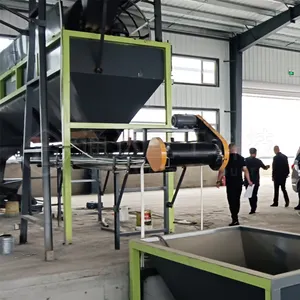

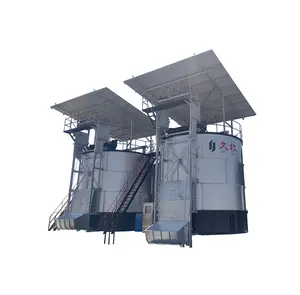













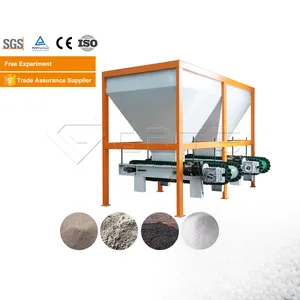




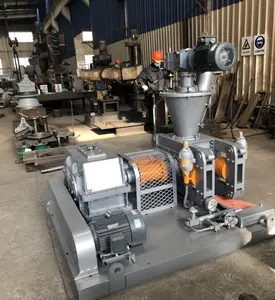


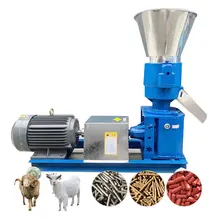
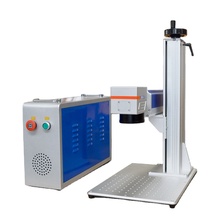





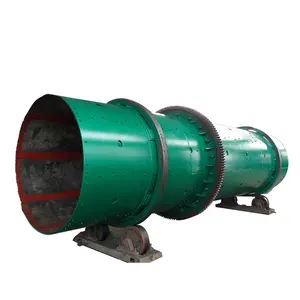
























 浙公网安备 33010002000092号
浙公网安备 33010002000092号 浙B2-20120091-4
浙B2-20120091-4